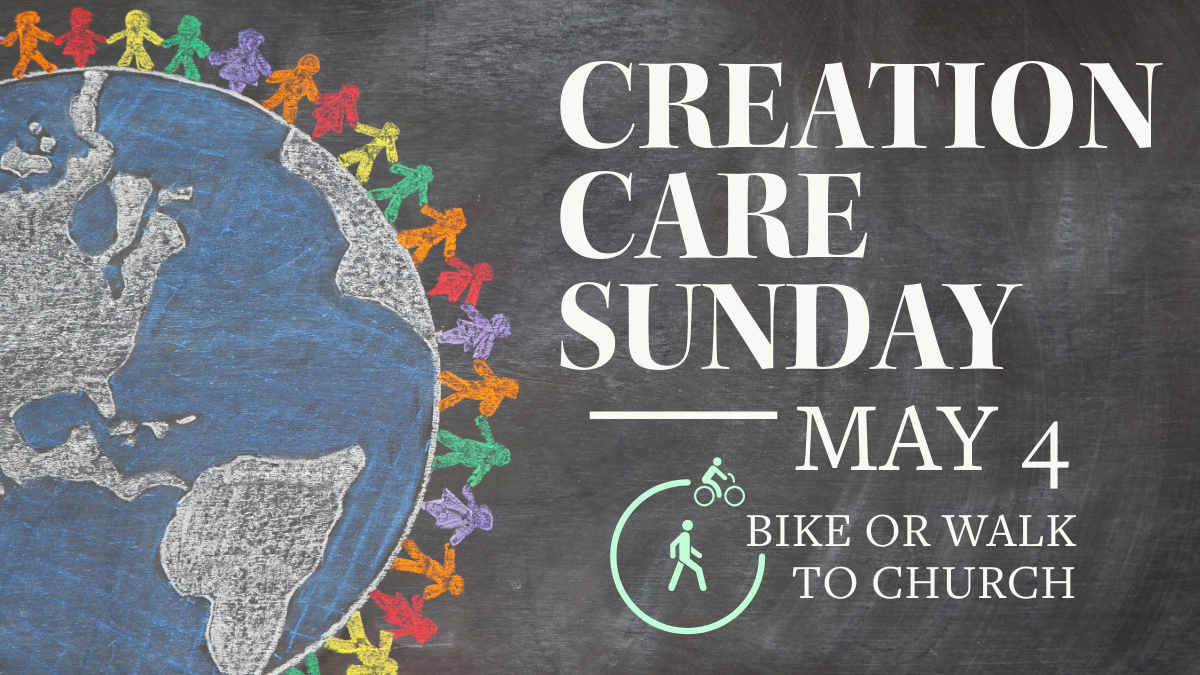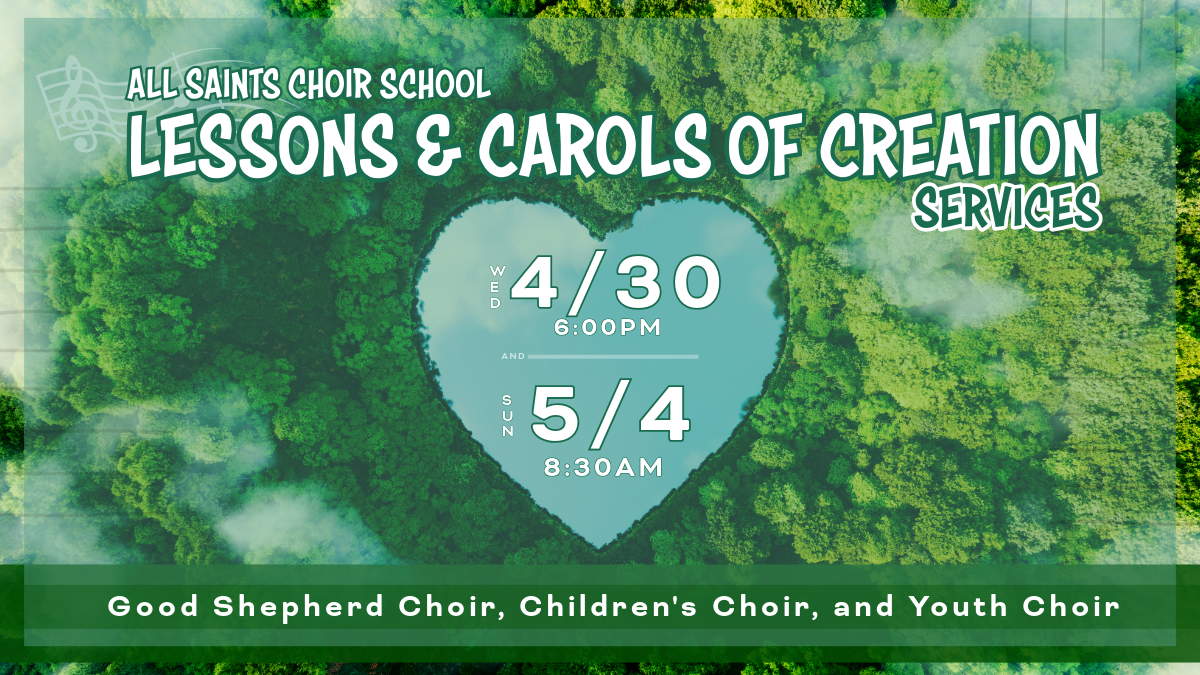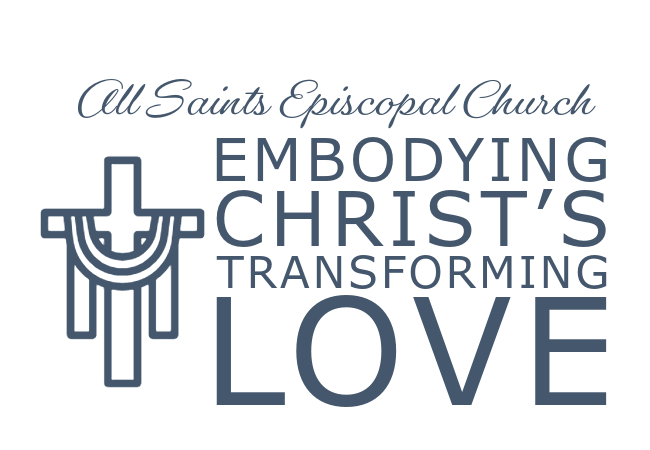Palm Sunday
The Rev. Charles Youngson
Palm Sunday April 10, 2022
Luke 22:14-23:56
One of the places we visited during my trip to the Holy Land years ago was the Garden of Gethsemane. Today it consists of an enclosed grove of olive trees on a hillside called the Mount of Olives that overlooks the city of Jerusalem. We were given some time to sit in the Garden by ourselves. We knew that we would soon be walking the way of the cross through the Old City of Jerusalem. And we were asked to spend some quiet moments reflecting on what Jesus went through in that same place on the night before he died.
I sat there pondering that phrase so familiar to Christian speech: “Jesus died for my sins.” For some, this statement is the litmus test for being a Christian. “Do you believe that Jesus died for your sins?” people ask. I suppose they are looking for a simple yes or no answer. But if we were to ask, what do you mean? How would they respond? How do we answer that question for ourselves? Sitting in that Garden on that hot July day, I felt that I knew more deeply than I had before what those words mean. I began to see more clearly than ever the way that sins of the world and the suffering of the world are interconnected. As I imagined the anguish Jesus was experiencing, I began to pray more fervently than ever for forgiveness of my sins and the sins of the world. I began to pray for an end to the suffering of the world as well.
On the one hand, Jesus’ suffering was the result of the sins of a handful of religious and political leaders in Jerusalem around A.D. 33. On the other hand, his suffering and death were the result of a web of disobedience that began with that first act of rebellion in a different garden, the Garden of Eden. Now we find that we are all in this mess together. The sins of the world led to the suffering and death of Jesus.
One of the things that sets Luke’s portrait of Jesus apart from those of the other Gospel writers is that Luke frequently mentions Jesus praying. In the Garden that night Jesus not only prays but also urges his disciples to pray. He prays, “Father, if you are willing, remove this cup from me; yet, not my will but yours be done.” The cup he mentions is a symbol of suffering. Jesus was fully human, and like any human, he did not want to suffer and die unnecessarily. If there were some other way God’s will could be done, he hoped that it might be so. But in the end, he was willing to give himself up to death because he trusted in his Father’s love for him and for the world.
He also knew that suffering and death would come for his disciples. And so twice he urges them saying, “Pray that you may not come into the time of trial." It’s interesting that the word translated “trial” here can also be translated “temptation.” So, in this scene in the Garden, we hear echoes of the Lord’s Prayer. We hear Jesus say, in effect, “thy will be done on earth as it is in heaven.” And we hear him tell the disciples to pray, “Lead us not into temptation.” You may know that some versions of the Lord’s Prayer render this phrase, “Save us from the time of trial.”
And so we have two prayers offered in the Garden. Jesus asks for this cup of suffering to pass him by. And the disciples, we hope, pray that they might be saved from the time of trial. But are the prayers “answered?” If we think that prayer is only about asking God to grant our requests, then we must admit that sometimes the answer to our prayers is “no” or at least “not yet.” Though he is the Son of God, the cup of suffering does not pass him by. Nor are his disciples saved from the time of trial. Judas will betray Jesus, and Peter will deny him three times. The rest of the disciples will remain at a safe distance out of fear.
So, does Jesus give up praying? Absolutely not. Even as he hangs on the cross, he prays, “Father, forgive them; for they do not know what they are doing.” Wow! He does not pray for vengeance to come upon those who did this to him. He does not pray for himself at all. He does not even suffer in silence. He prays for God to forgive the very ones who are crucifying him. Then he assures the repentant thief that he too will be in paradise. And finally his dying words are themselves a prayer. "Father, into your hands I commend my spirit." His dying breath is a prayer of trust and obedience to his Father.
Often, we think of prayer as a last resort, an act of desperation. “Well, I’ve tried everything else. All I can do now is pray.” But prayer should be our first resort and our last resort. Prayer is about communication with God. In a deeper sense, it is about communion with God. And just as communication is the foundation of any relationship, so prayer is the foundation of our relationship with God.
We can learn a lot by studying how Jesus prays. What we learn from Jesus’ prayers is that we should ask God for those good things that we want and need. But we should also realize that sometimes God says “no” to our requests, so that God can say a bigger “yes” to something else.
Children ask their parents for many things. Sometimes parents have to say “no,” not because they don’t love their children, but precisely because they do love their children, and they know that saying “yes” will not serve their best interests. But when we receive a “no” from God, that should not discourage us from continuing to pray. Prayer is about offering ourselves in humble obedience to God, so that God’s will might be done. And prayer does change things. It opens our awareness to the power and presence of God in our midst so that we might be part of God’s work of transforming the world through love.
In the end Jesus dies as he lived, praying to his heavenly Father for all humankind, not just his friends, but his enemies, too. He calls us on to pray in times of prosperity and times of adversity. Prayer will not necessarily suspend the laws of nature. Pray anyway. Prayer will not protect us from every misfortune. Pray anyway. Prayer will not keep us from dying. Pray anyway. Pray because you love yourself. Pray because you love your neighbor. Pray because you love God. And if you’re struggling to love yourself, your neighbor, or your God, pray anyway. And trust that Jesus is praying on your behalf just as he did on the day he died for the sins of the world.
More Announcements







